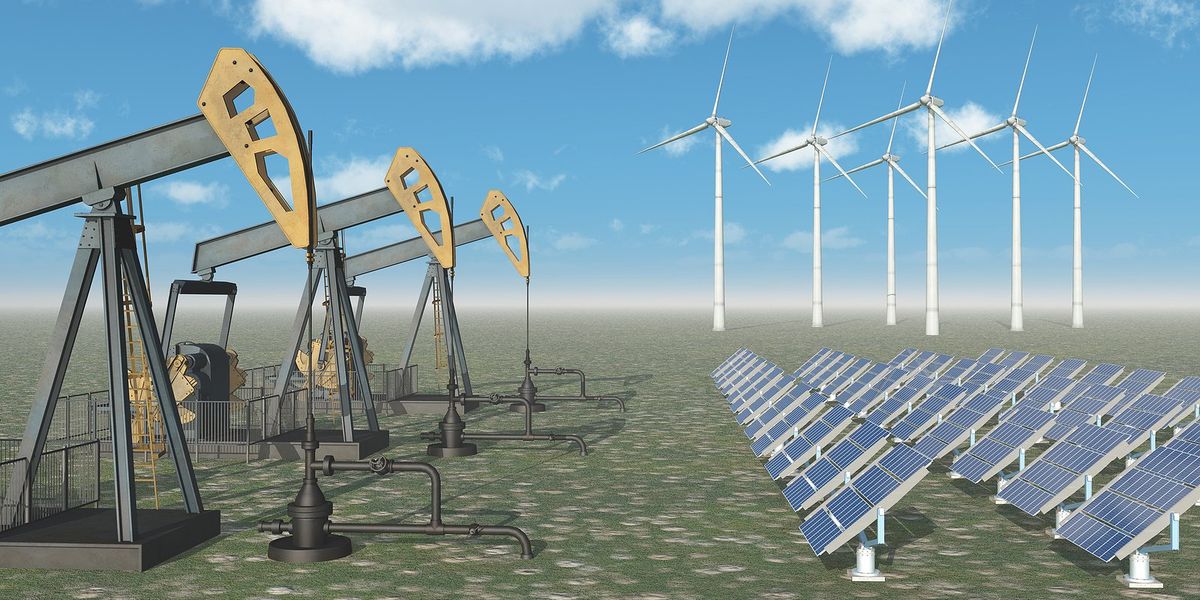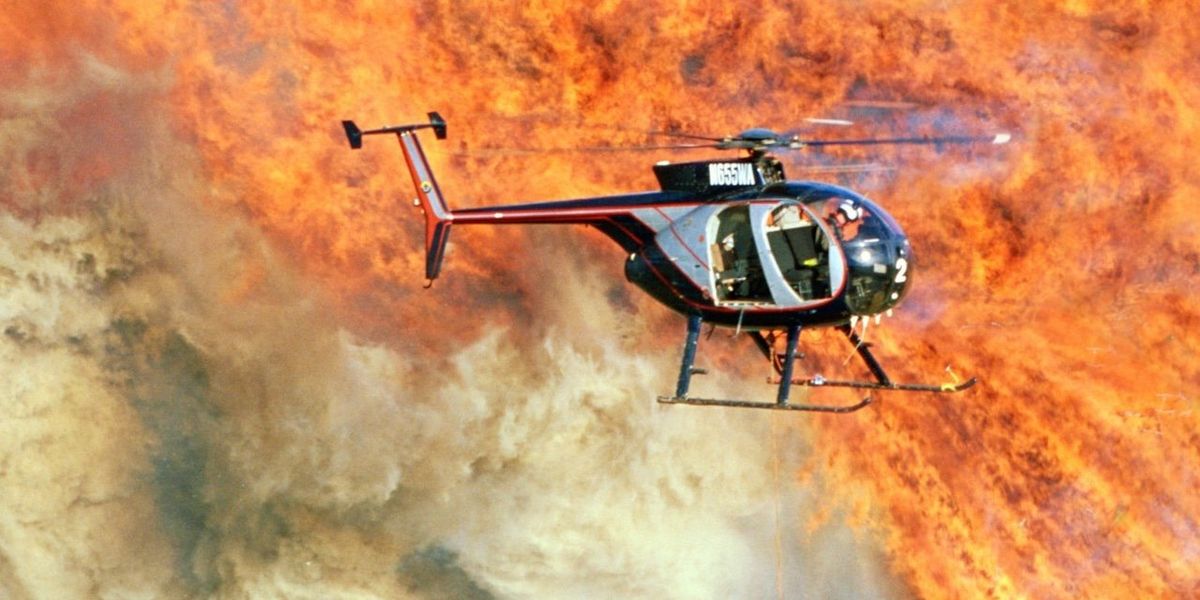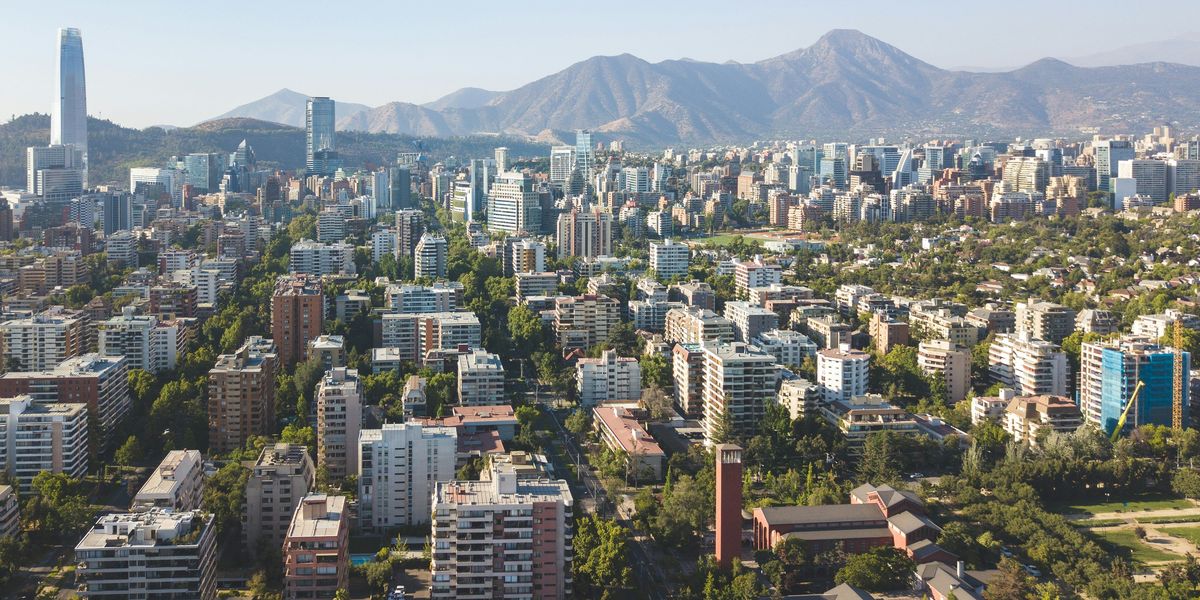Commentary: The thugs running the US government are a small part of the story
Legendary scientists weigh in on the current state of affairs
Editor's note: This piece was originally published at Millennium Alliance for Humanity and Biosphere (MAHB) and is republished here with permission.
Everyone seems fascinated by the behavior of the sexual predator who is president of the United States, his rogue cabinet officers trying to undo decades of progress, and the incredible actions of the Republican Congress struggling to steal large amounts of money from poor Americans to increase the wealth of our billionaires.
All this is shocking political theatre – shaking us so thoroughly that we're re-examining our thinking on rates and mechanisms of the cultural evolution of norms.
But well before the Trump disaster, knowledgeable scientists were increasingly looking at the probability of a collapse and trying to consider how preparations might be made to ameliorate its impacts. The existential risks, any of which might trigger such a collapse, include nuclear war, climate disruption, giant pandemics or famines, global toxification, and a shaky debt pyramid. All those threats are still with us, magnified by time. And we shouldn't lose sight of them in our personal and political planning.
But now, the capacity to deal with them in the U.S. (and to a degree globally) has been dramatically damaged by the thug administration – and the damage is already long-term. The appointment of a relatively young but rigidly conservative man to the Supreme Court plus the packing of the federal court system with right-wing judges may weaken the judiciary for decades, while the hollowed out State Department and Environmental Protection Agency, among other entities, will take many years to rebuild if a sane and competent government is ever restored.
The same can be said for reversing the success of the Republican war on science, on women and minorities, and on equity in general. A dismal picture if we have only a decade or so to avert assured calamity, and maybe much less if Trump chooses to distract attention from his criminal activities by starting a nuclear war.
So what can people who pay attention to the fate of civilization do now that a collapse is clearly on its way? We have four answers. First, we should keep searching for knowledge that might help soften our landing and make a more viable reset possible.
The results of Paul's work on the evolution and ecology of butterfly populations, useless today, might help people trying to restore some of Earth's biodiversity after a collapse. For example, it might lead them to protect parcels of land that are mixes of hills and valleys rather than larger flat parcels, providing more varied habitats less vulnerable to the impacts of climate change.
Second, we should keep trying to determine how, after a collapse that leaves some modern infrastructure intact, a reset can be accomplished with a socio-economic system that avoids the lethal growthmania that is wrecking today's civilization. Growthmania is a product of Europe of the past few centuries, which was avoided for millennia by a technologically advanced Chinese empire. Economists should be able to use the Chinese experience to help insulate a new system from the disease.
Third, at the same time, we should mate that new economics to a governance system that can strive for equity, perhaps by learning lessons from our hunter-gatherer ancestors. We're genetically and culturally small-group animals that long existed in groups of hundreds at most, and now are trying to live in a gang of billions.
Cultural evolution might be nudged in that direction if the long success of human organizations where leadership was diverse and related to talent (hunt leader, wise elder judge, medicine woman) was broadly recognized.
But don't hold your breath. Considering today's state of affairs we can't be optimistic, so our fourth answer is live the best possible life you can while you have the chance, drinking good wine to keep your internal environment in good shape while the external goes down the drain.













